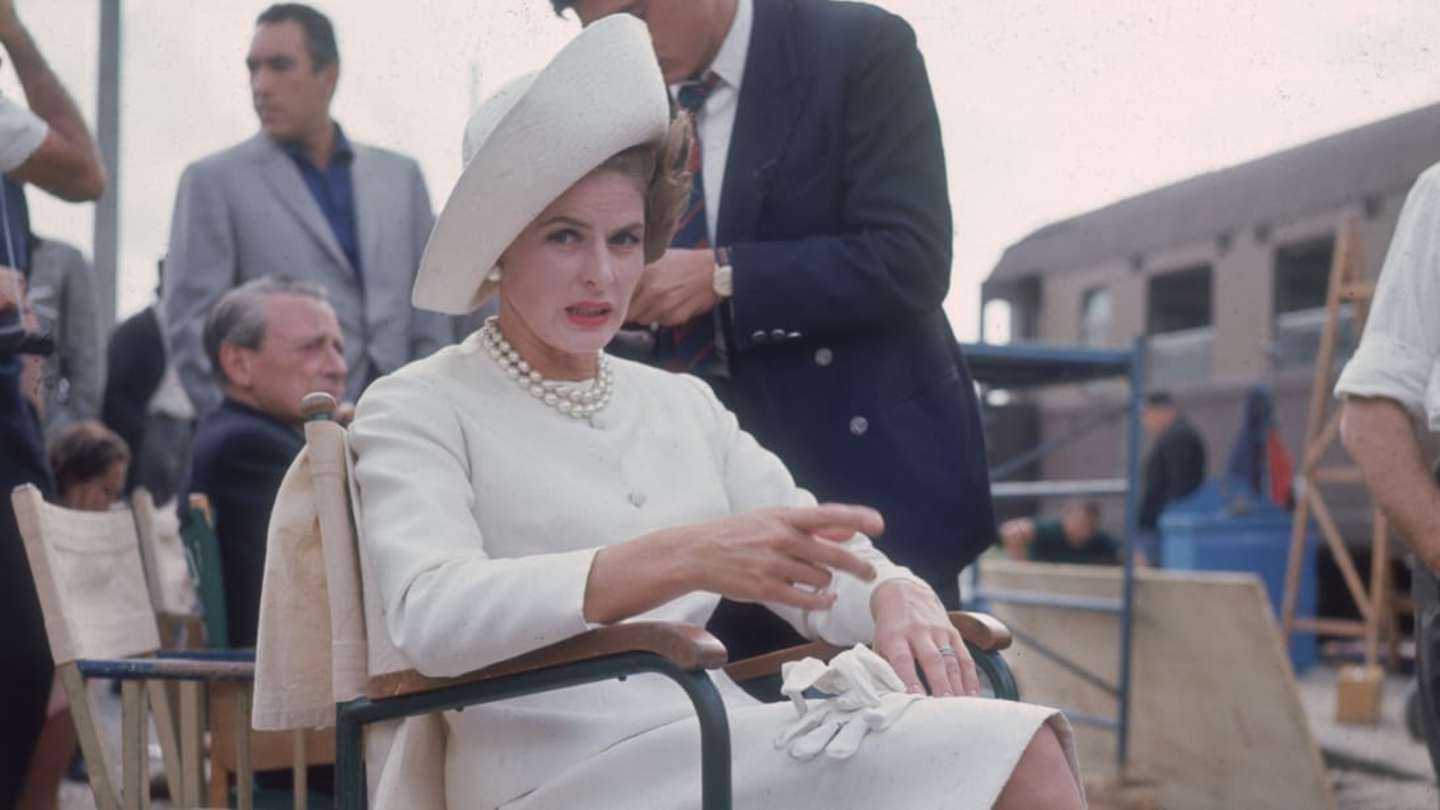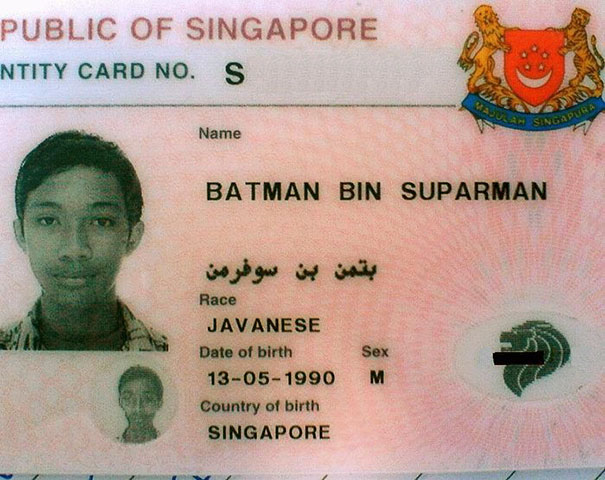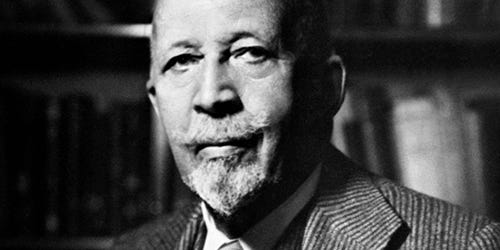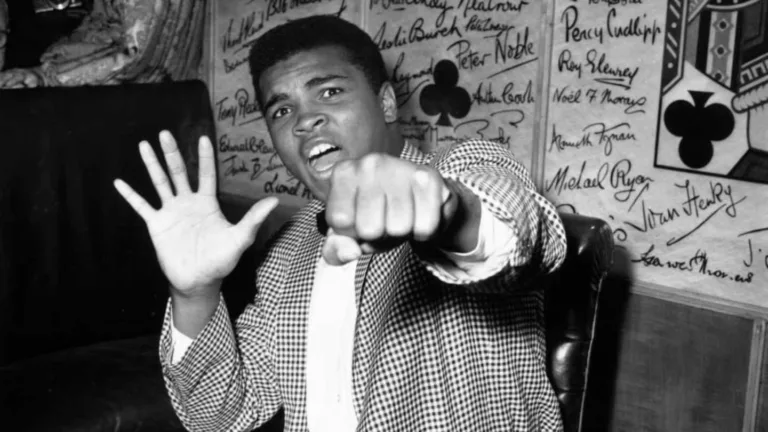Have you ever heard the saying “you’re born on your birthday and die on your Deathday”? It sounds a bit morbid, but there’s Actually Some Truth To it! While we all know that birth and death are inevitable parts of life, did you know that some people Believe There’s a statistical connection between the two? This intriguing idea is known as the Birthday Effect.
The Birthday Effect suggests that there’s a slightly higher chance of dying around your birthday than on other days throughout the year. While it might seem like a coincidence, studies have shown that this phenomenon could be real, with some research indicating a 14% increase in mortality rates on or Near Birthdates. This doesn’T Mean you’re destined to die on your Special Day, but it does add a fascinating layer to the concept of birthdays.
While the Birthday Effect is intriguing, finding examples of famous individuals who born and died on the same day is surprisingly rare. Despite the statistical suggestion, history hasn’t yielded a plethora of cases where someone celebrated their last birthday Before Passing Away.
The Birthday Effect: Fact or Fiction?
So, is the Birthday Effect just a spooky coincidence or does it actually Hold Some Scientific weight? While it might sound like something out of a horror movie, there’s evidence to suggest that this phenomenon could be more than just a superstition. Several studies have explored the correlation between birthdays and death dates, and a number of them have found a statistically significant link.
One possible explanation for the Birthday Effect is that people are simply more aware of their mortality around Their Birthday. This heightened awareness could lead to increased stress or anxiety, Potentially Contributing To Health Issues. Additionally, some researchers believe that our bodies might function differently on our birthdays, perhaps due to hormonal fluctuations or Other Biological Factors. While these theories are intriguing, more research is needed to fully understand the mechanisms behind the Birthday Effect.
Despite the evidence suggesting a connection, it’s important to remember that the Birthday Effect doesn’T Mean you’re doomed to die on your birthday! The increased risk is relatively small, and many people live long, healthy lives well past their birthdates. But for those who find themselves pondering this curious phenomenon, it serves as a reminder of the complex and often mysterious nature of life itself.
Famous Birthdays & Deaths: A Statistical Anomaly
While the Birthday Effect suggests a potential link between birthdates and death dates, Finding Famous Individuals Who Actually died on the same day they were born is surprisingly rare. It seems that history hasn’t provided us with many examples of these fascinating coincidences.
Perhaps this lack of high-profile cases stems from the relatively small statistical increase in mortality rates Around Birthdays. While a 14% Higher Chance Might Sound Significant, it’s still a relatively low probability when considering the vast number of people born and die each year. It’s possible that many famous individuals who did pass away on their Birthdates Simply haven’t achieved the level of recognition to make it into popular culture’s memory.
Despite this lack of widespread examples, there are a few notable figures whose lives ended on the same Day They Began. This small list includes names like Ingrid Bergman, William Shakespeare, and Walter Diemer. These individuals, despite their diverse backgrounds and contributions To Society, share this intriguing commonality – a life that started and finished on the same calendar date.
 Famous Soothsayers: Predictions from Historys Oracles
Famous Soothsayers: Predictions from Historys OraclesAnalyzing the Data: Exploring Notable Cases
While the Birthday Effect is a Fascinating Concept, it’s important to remember that correlation doesn’T Necessarily Equal Causation. Just because some famous individuals died on their birthdates doesn’T Mean There’s a direct link between the two events.
To truly understand this phenomenon, we need to delve deeper into the data and analyze the specific cases of those who died on the same day they were born. Examining factors like cause of death, Lifestyle Choices, and overall health history could provide Valuable Insights. Perhaps there are commonalities among these individuals that shed light on the potential mechanisms behind the Birthday Effect.
Ultimately, further research and analysis are needed to unravel the mysteries surrounding this Intriguing Phenomenon. By carefully examining available data and Exploring Various Contributing Factors, we can gain a better understanding of the complex relationship between birthdates and death dates.
Life and Legacy: Remembering Those Who Died on Their Birthdays
While the concept of dying on one’s birthday might seem unsettling to some, it’s important to remember that these individuals lived full lives and made significant contributions to the world. Their legacies continue to inspire and Influence Us Even Today.
Remembering those who died on the same day they were born allows us to reflect on the fleeting nature of life and appreciate the Precious Time We Have. It serves as a reminder to Cherish Our Loved Ones, Pursue Our Passions, and make the most of every moment. Their stories remind us that life is a gift, and it’s up to us to live it to the fullest.
Let’s honor their memory by celebrating Their Achievements, Learning From Their Experiences, and striving to make a positive impact on the world, Just As They Did.
The Enigma of Shared Dates
The phenomenon of people dying on their birthdates remains a bit of an enigma. While scientific explanations like the Birthday Effect offer possible insights, there’s still a sense of mystery Surrounding These Coincidences.
Perhaps it’s the human tendency to seek patterns and meaning in seemingly random events. Or maybe it’s simply the thought-provoking nature of life and death converging on the same day. Whatever the reason, the concept of shared dates continues to fascinate and intrigue us.
It reminds us that life is full of unexpected twists and turns, and sometimes the most profound moments occur when we least expect them.










